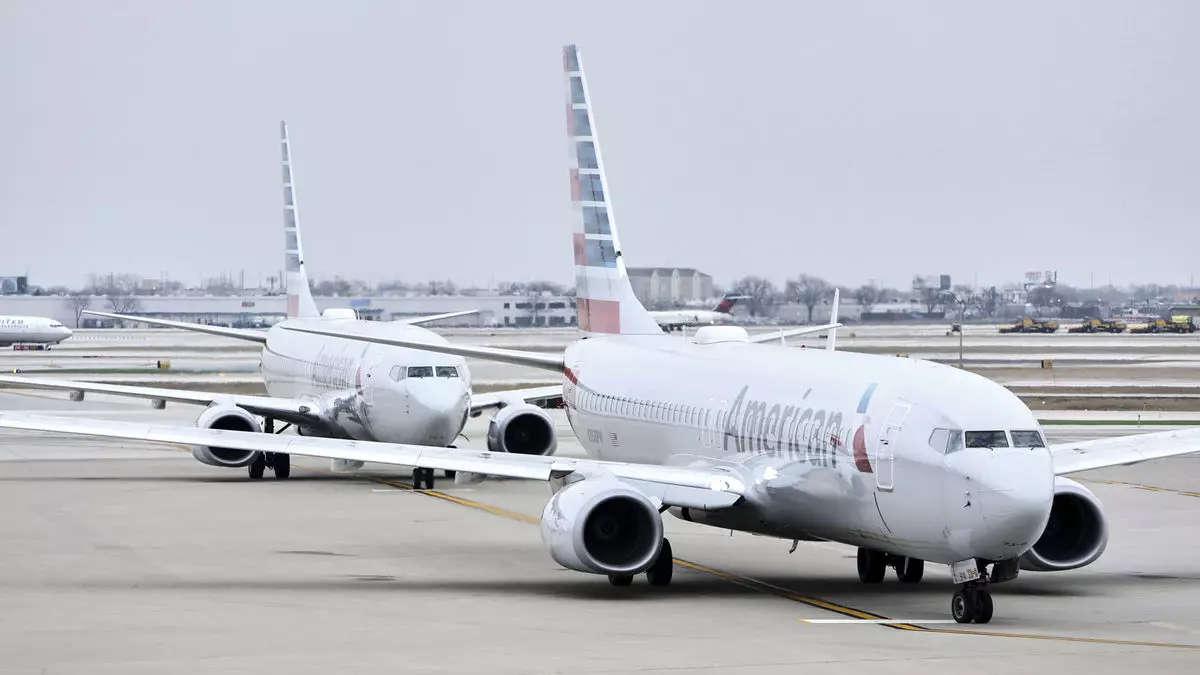In a groundbreaking move set to transform the international travel experience, U.S. Customs and Border Protection (CBP) has unveiled the Remote Baggage Screening initiative. Launching initially on American Airlines flights from Sydney to Los Angeles, this innovative program aims to reduce the cumbersome process of handling checked luggage for connecting passengers. By utilizing advanced technology to screen baggage prior to arrival, CBP is not only enhancing traveler convenience but also reinforcing stringent security measures. This should be a game-changer for frequent flyers who often find themselves stranded between terminals and baggage claim areas.
A Closer Look at the Process
Under the Remote Baggage Screening initiative, travelers’ checked luggage is scanned via x-ray in Sydney before their departure to the U.S. CBP analyzes these images ahead of the plane’s arrival, thereby waiving the need for passengers to retrieve and recheck their bags upon landing in Los Angeles. This proactive screening approach ensures that travelers can seamlessly connect to their next flights without the added burden of luggage claim. While travelers must still navigate security screening at LAX, the elimination of baggage handling creates a smoother itinerary.
What stands out about this initiative is CBP’s commitment to balancing security with traveler efficiency. Rather than compromising safety — an area of perennial concern in air travel — the Remote Baggage Screening process underscores the adoption of forward-thinking technology. It represents a concerted effort to maintain safety protocols while adapting to the evolving needs of international travel.
Expanding Horizons for Global Travelers
The ambitious plans for this initiative are not limited to the Sydney-Los Angeles route. CBP has expressed intentions to extend this program to various other airlines and routes in the near future. This notion of expansion bodes well for air travelers, highlighting an industry movement towards more integrated, intermodal travel experiences. The promise of such enhancements could reshape the perception of international flying, potentially increasing demand as travelers signal their preference for efficiency.
As the initiative unfolds, it brings to mind another CBP endeavor: the One-stop Security program. Although separate, it carries a similar ethos of removing operational obstacles for travelers, providing an example of how positive change can ripple through the aviation industry. Aimed at enhancing convenience for international passengers, the One-stop Security program reflects a broader trend of intertwining security with streamlined travel experiences.
A Future of Enhanced Security Protocols
One cannot overlook the significance of the Remote Baggage Screening initiative in the context of ongoing global security challenges. While some may view this transition as a risk, it’s essential to understand that innovation in travel security is a critical response to both operational efficiencies and safety improvements. CBP’s proactive screening system could serve as a model for other nations, as similar security measures could improve the global travel landscape.
In an era where travelers demand expedience without sacrificing safety, the Remote Baggage Screening initiative represents a leap toward redefining airport protocols. With the successful implementation of these measures, the future of air travel could very well become synonymous with efficiency and reassurance, ensuring that flying remains a preferred option for global exploration.


Leave a Reply